Élvio Sousa: Living Costs in Madeira Must Go Down
Élvio Sousa (JPP) today called for a reduction in living costs, warning that high expenses are leaving families in total despair and threatening young people’s future.
Madeira's political landscape has undergone significant changes over time. As an autonomous region of Portugal, Madeira has its own regional government and parliament, allowing for self-rule in many areas. The Social Democratic Party (PSD) has traditionally dominated local politics, but in recent years, the Socialist Party (PS) and other smaller parties have gained influence, shaping policy in areas like tourism, economic development, and social welfare.
Political dynamics continue to evolve, reflecting both local concerns and broader national trends in Portugal, with governance adapting to the region's changing needs and challenges. Stay informed about the latest developments in Madeira's political landscape. Get breaking Madeira news on government decisions, political party activities, and laws impacting the island. Engage in the political circus!

Élvio Sousa (JPP) today called for a reduction in living costs, warning that high expenses are leaving families in total despair and threatening young people’s future.
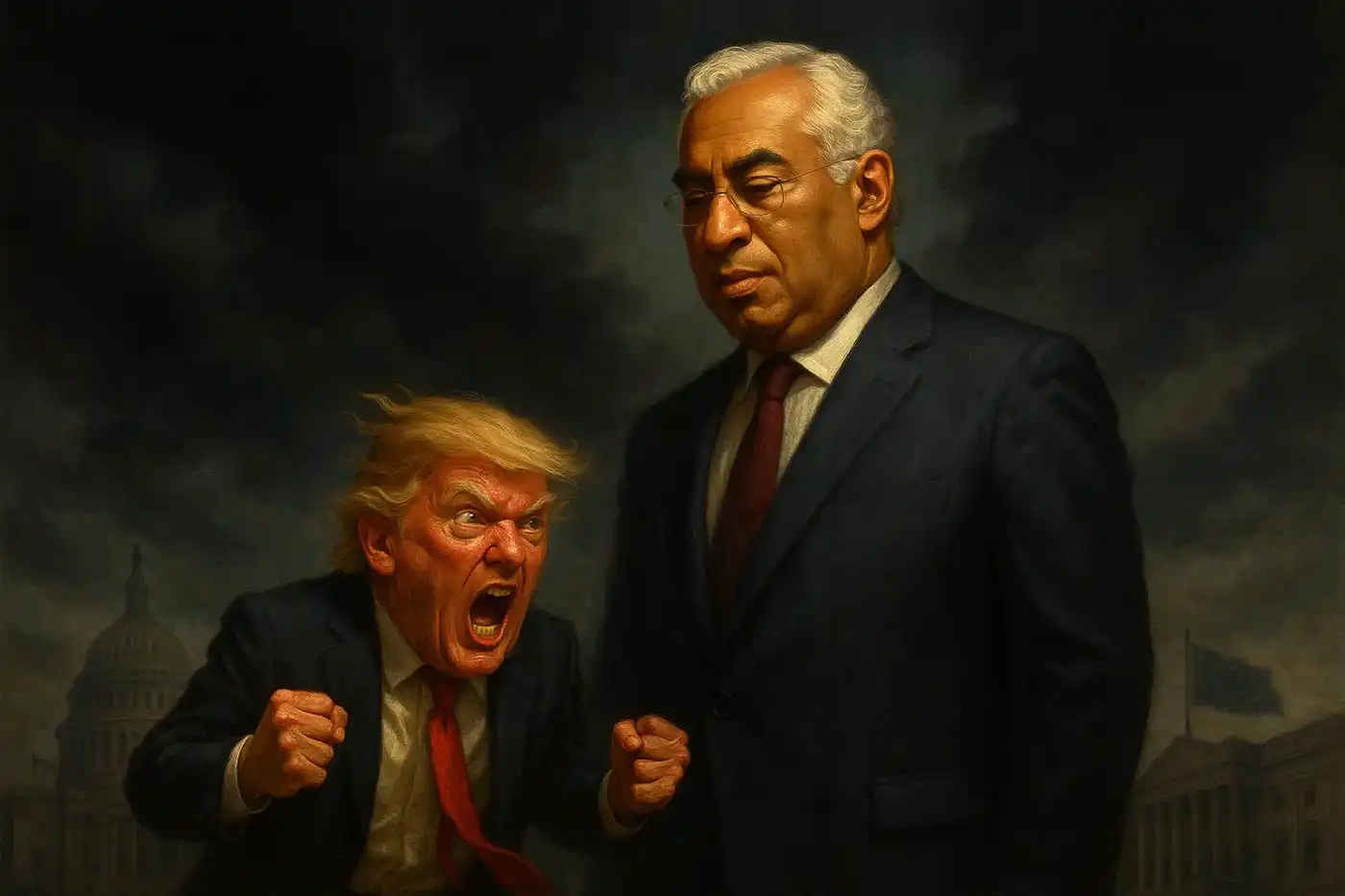
Following Donald Trump's latest derogatory remarks about Europe, António Costa spoke out, calling on Trump to show respect and that this is how true allies should behave towards each other.

Filipe Sousa of JPP accused Madeira’s government of prioritizing luxury golf tourism while thousands of residents struggle with poverty, low wages, and rising daily living costs.

Stats don’t lie. Madeira's GDP has nearly doubled the Portuguese average, yet disposable income decreased - a development eroding society.

Lisbon is set to tighten its short-term rental regulations, slashing licensing availability by up to 50% in some areas. Could this new framework serve as a blueprint for Funchal and address Madeira’s escalating housing crisis?
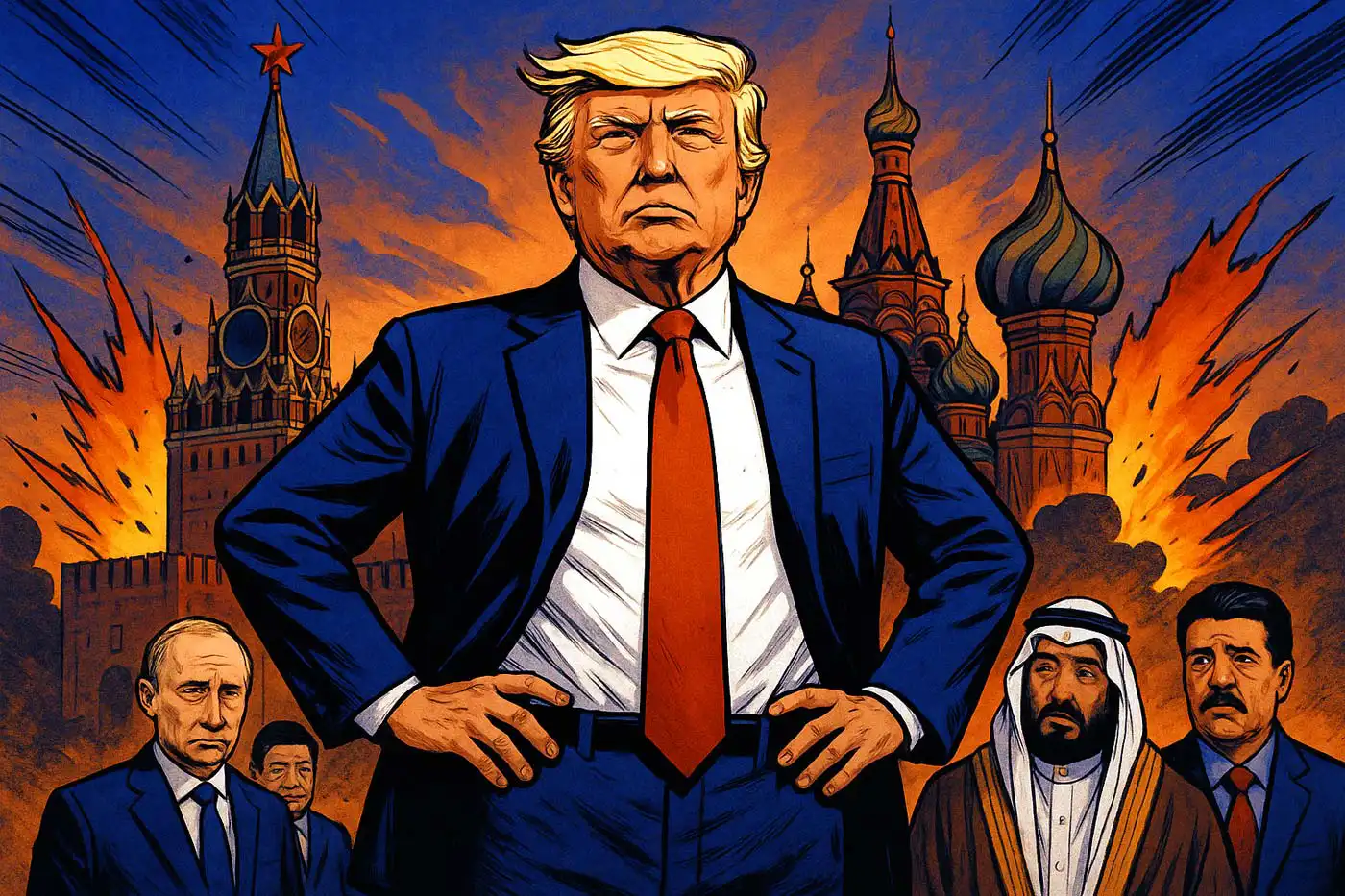
Trump’s moves against Maduro’s Venezuela aren’t about drugs - they’re a power play designed to gaining leverage over Russia and reshaping the global order.
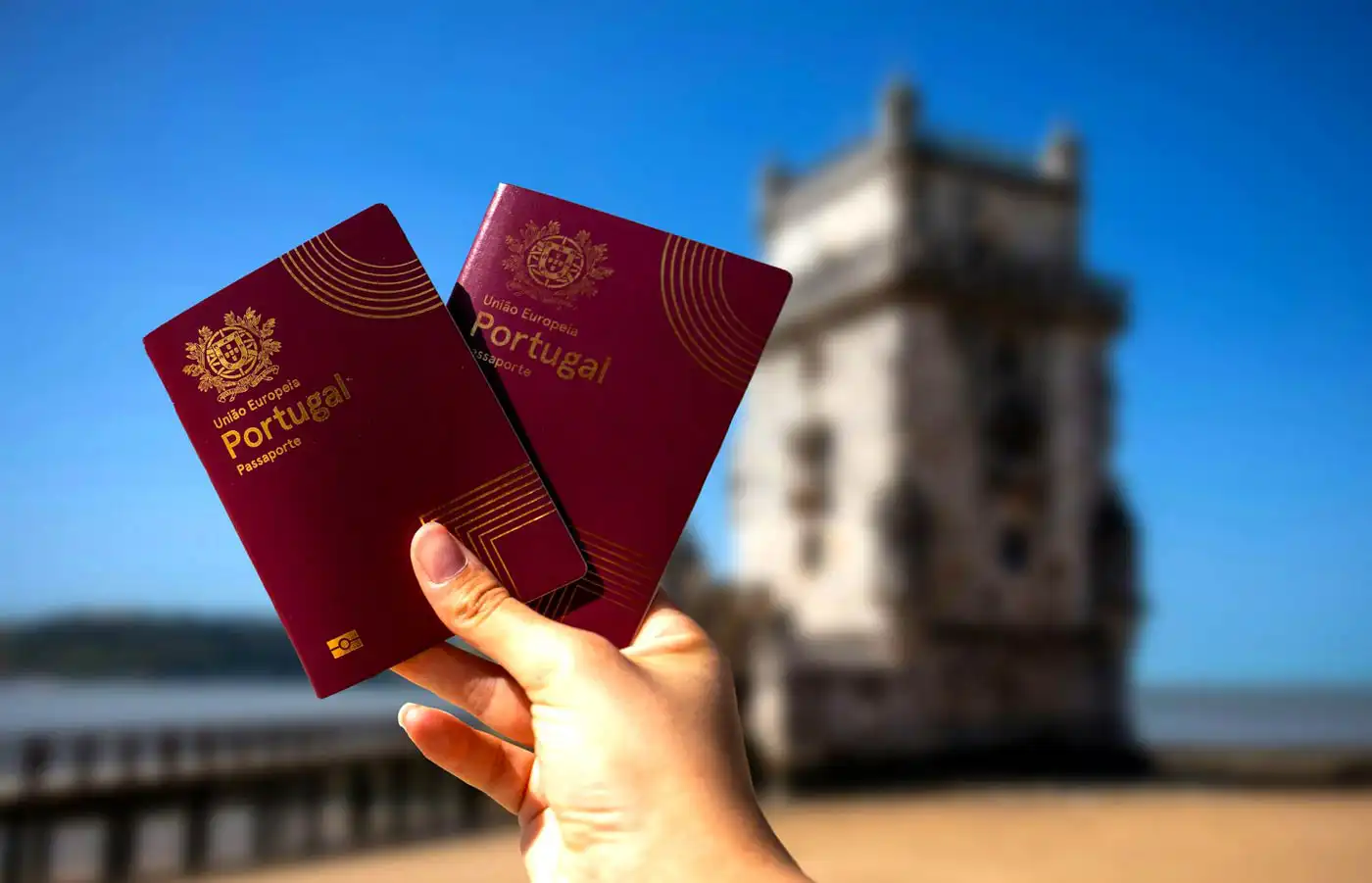
Over 25,000 Portuguese nationality applications remain pending at the IRN due to staff shortages, leaving applicants in administrative limbo and facing long, unresolved delays.

Despite earlier assurances, the government will most likely not be able to provide the second helicopter to support Madeira’s firefighting operations this year.
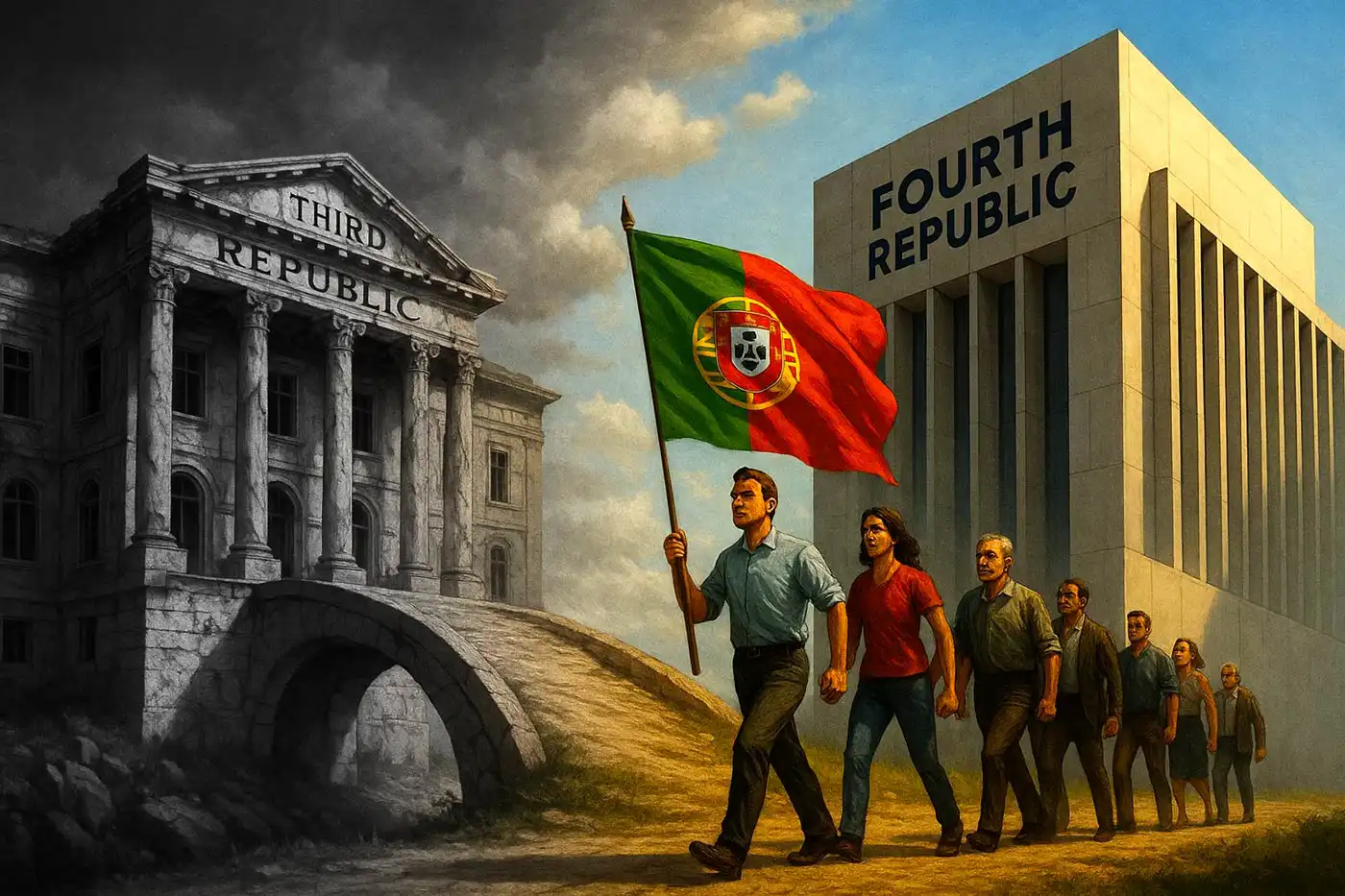
Fifty years after the failed leftist coup that ultimately paved the way for Portugal’s full democracy the Third Republic, Chega is calling in the Madeiran Parliament for the establishment of a Fourth Republic, a redesign of the constitution.

A reportedly confusing identity blunder by a Chega deputy made headlines in Madeira, after suspicions were reportedly directed at the wrong man who shared a similar name.
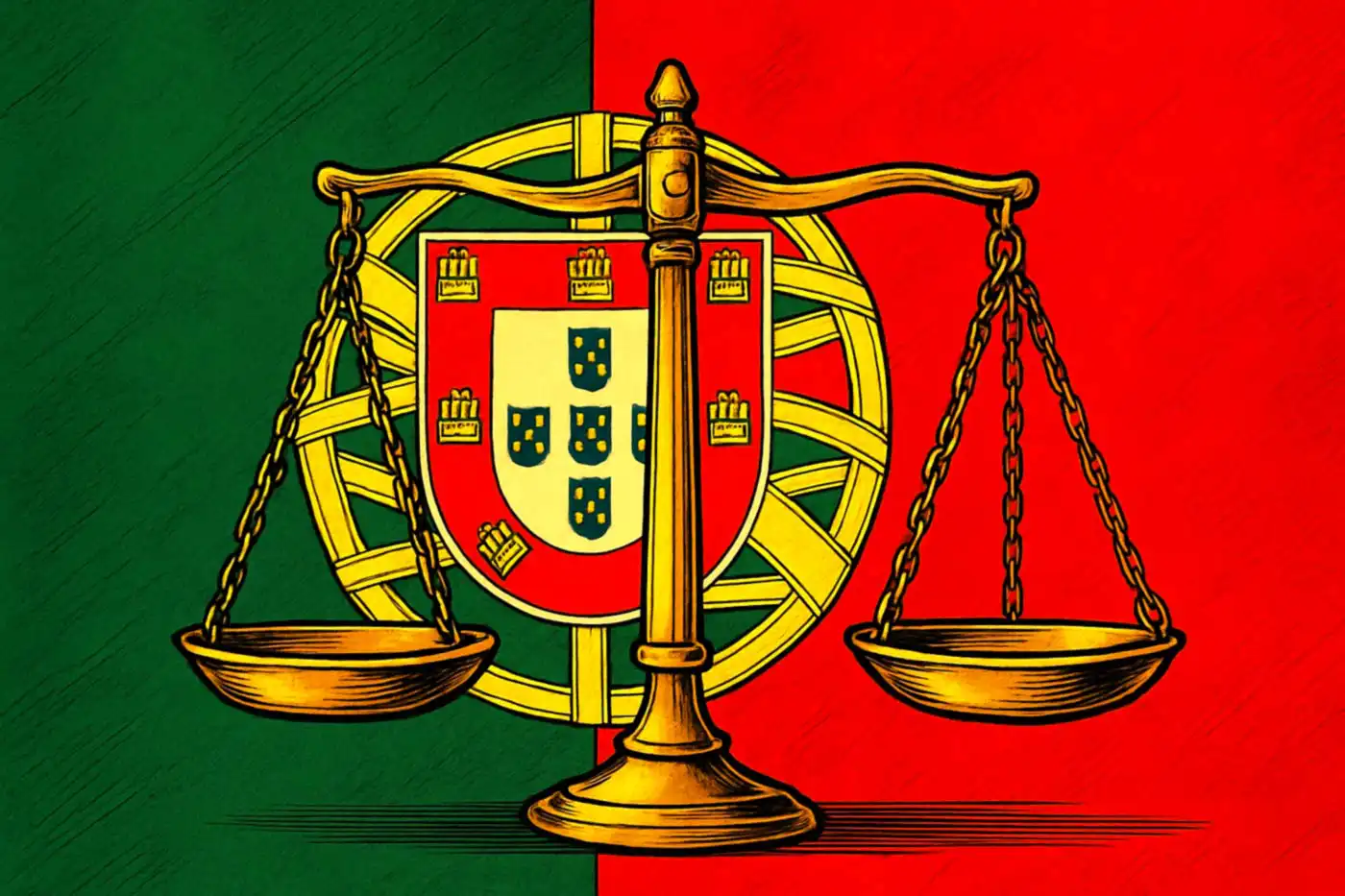
Portugal’s constitutional affairs committee concluded that Chega’s plan to block public funds for mosques violates constitutional protections, igniting strong reactions across parliament.